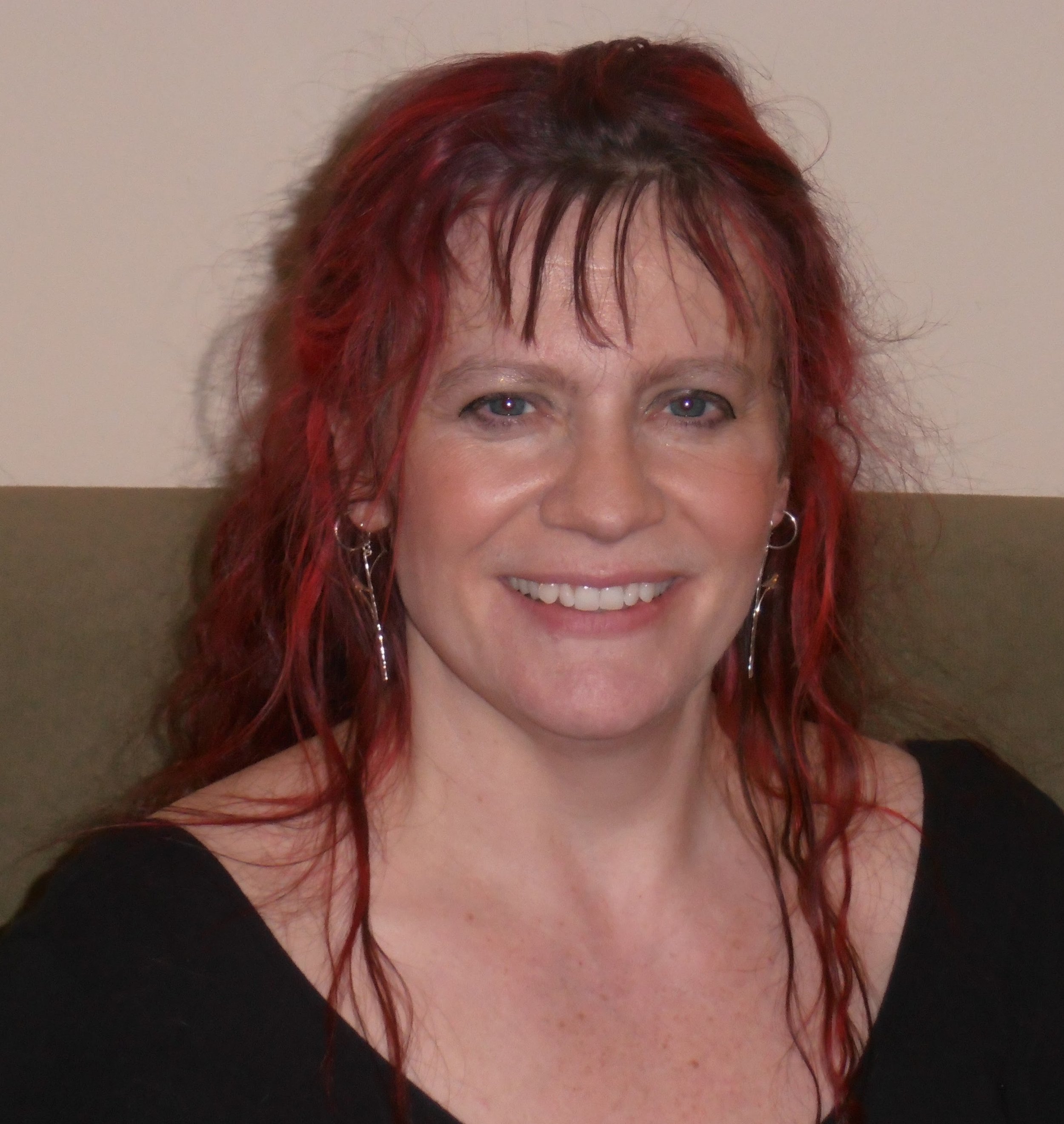Taunja Thomson: Memories Full of Promise
/Taunja Thomson is co-author of Frame & Mount the Sky (2017), a chapbook of ekphrastic poetry, as well as the author of Strum and Lull (2019), The Profusion (2019), and Plunge, which came out this past May. She is a lover of animals, art, trees, surrealism, black and white movies, walking in autumn rains, feeding wild birds in winter, playing in spring mud, and bat-watching in summer. She has a writer’s page at https://www.facebook.com/TaunjaThomsonWriter/.
Wesley Blackwell speaks with Taunja about her poem, “Promise,” below.
Assuming this poem is about a specific memory from your childhood, how did you reimagine and that memory as an adult while maintaining the perspective of a child?
The memory is both brief and vivid, so writing about it as an adult but capturing the perspective of myself as a child was not difficult.
Is there any memory that you purposefully left out of this poem? - What other images or emotions were going through your head while writing “Promise”?
No, there were no memories left out of this poem. My emotional state was negative when I started the poem (I was having a bad day), but I felt better at the end; the poem follows that transition.
I found the images of “cereal & molecule,” “season & cup,” and “cow & fracture” to be very compelling. Where, specifically, did these images come from and what effect did, they have on your memory of the harvest?
Those images are an example of one of my favorite poetic techniques—pairing items that are different from one another. Cereal is something we can see with the naked eye, molecules are not; “season” is a very broad thing, while a cup is a small, specific thing; cow is a readily available image—something we can call to mind easily—but a fracture, because it can apply to so many things, is a bit more complex to visualize. I also enjoy alliteration, so sounds play a role in the items/images I put together. While thinking of these items, pears came to mind as a possibility, then the memory I had been seeking came from that.
I understand that you are a professor of English at Northern Kentucky University. Can you tell me a little more about your work as a professor and how the memories from your own experiences have influenced your teaching?
I no longer teach; I stopped in order to focus on my writing. However, I used to teach essay & research writing, & sometimes memories would help me elucidate or illustrate a point I was trying to make for students. For example, I often tried to encourage students to make their writing more vivid. Memories like the one in “Promise” were used to demonstrate the importance of showing versus telling readers—instead of telling readers that good memories & thoughts could help change one’s mood, they could use a specific memory to show readers just how true this is.
In “Promise” I noticed a theme of cold weather and plant life. What do these two things represent for you, personally? Could cold weather equate to reminiscence and could plant life in your poetry represent mental/physical states?
Winter & cold weather in general tend to represent negative emotional & creative states to me—a lack of color & liveliness, both mentally and in the physical, natural world. Plant life, spring & summer, represent the opposite: color, life, creativity, growth, that sort of thing.
What advice would you offer for young writers who have an interest in getting their work published?
I would recommend that someone who wants to get published read as many issues of as many journals as possible and submit, submit, submit their work. I set a goal of submitting my poetry to one hundred journals every year, breaking it down into sending out so many every month & every week to keep on track.
Is there anything you are currently working on that you would like to tell us about? And/or is there anything else you would like to add?
I have currently had a full-length collection of poetry accepted for publication by the Raw Art Review, so I will be working with the publisher to get the details of that in order. Additionally, I’m still writing, still sending out poems, still keeping myself involved in the creative process. For me, & I suspect for many other writers, this is a state of being.
Read “Promise” here.

